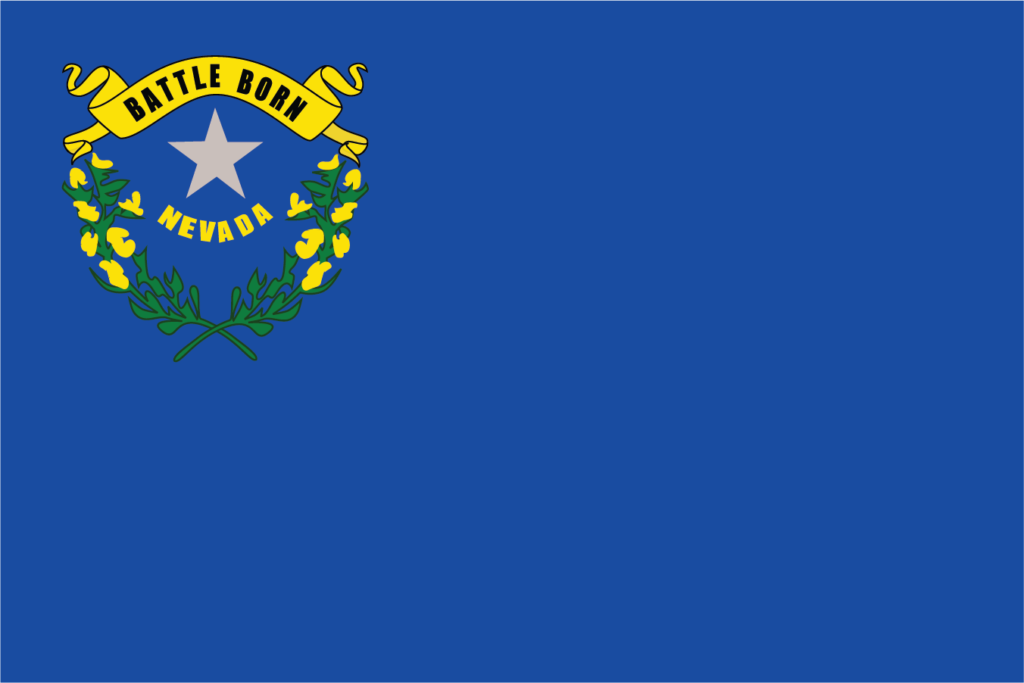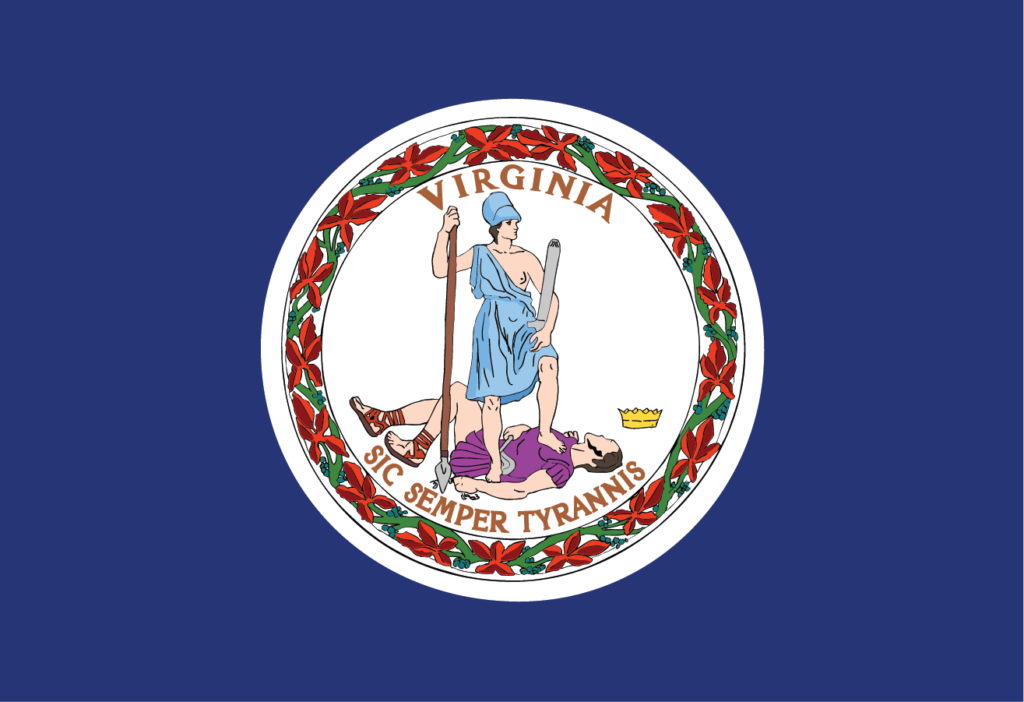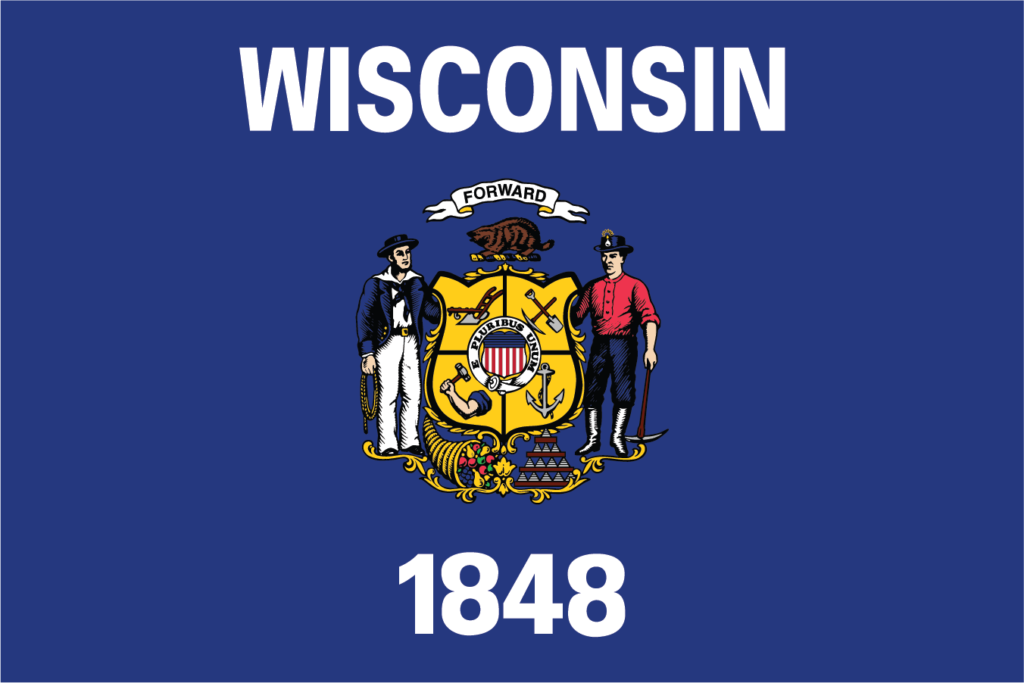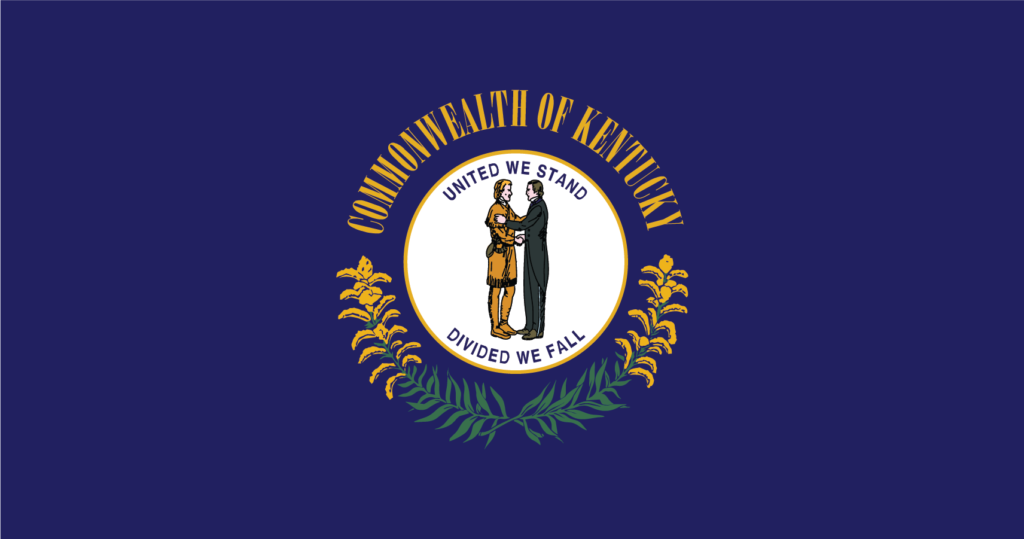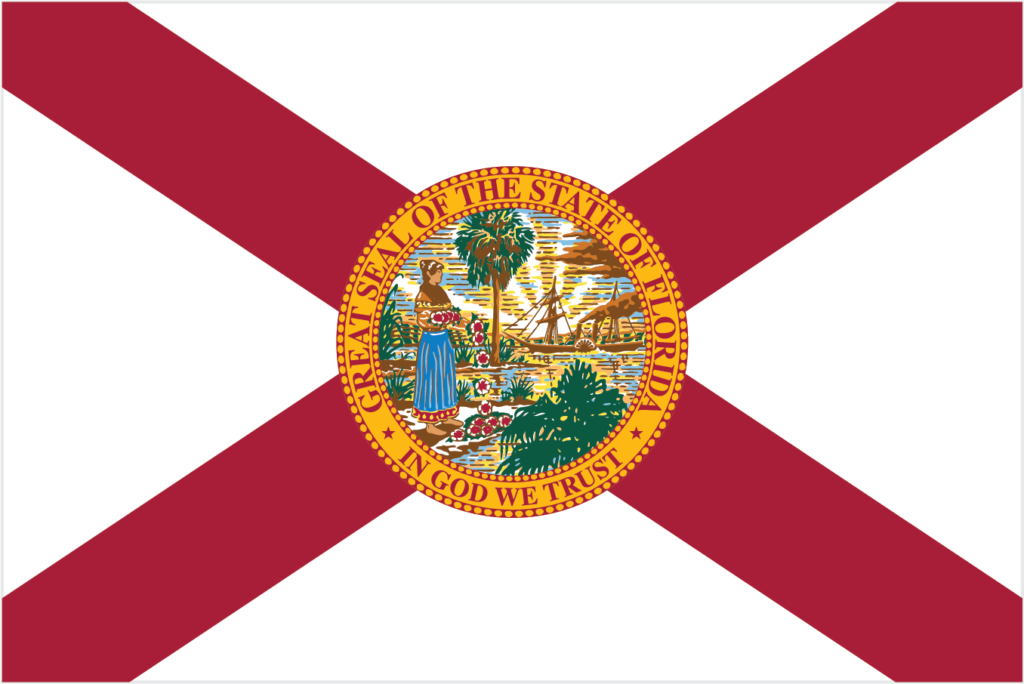Occupational Licensing Literature and State Policy Scan
Occupational licensing has grown dramatically over the years, leading to a larger share of American workers who need a license to perform their work. Accounting for just five percent of the employed population in the 1950’s, licensed workers now comprise more than 25 percent of all employed Americans. Spurred by concerns for public safety, consumer protection or other policy goals, the growth in state licensing over time has created a patchwork of different requirements across… Read More »Occupational Licensing Literature and State Policy Scan
